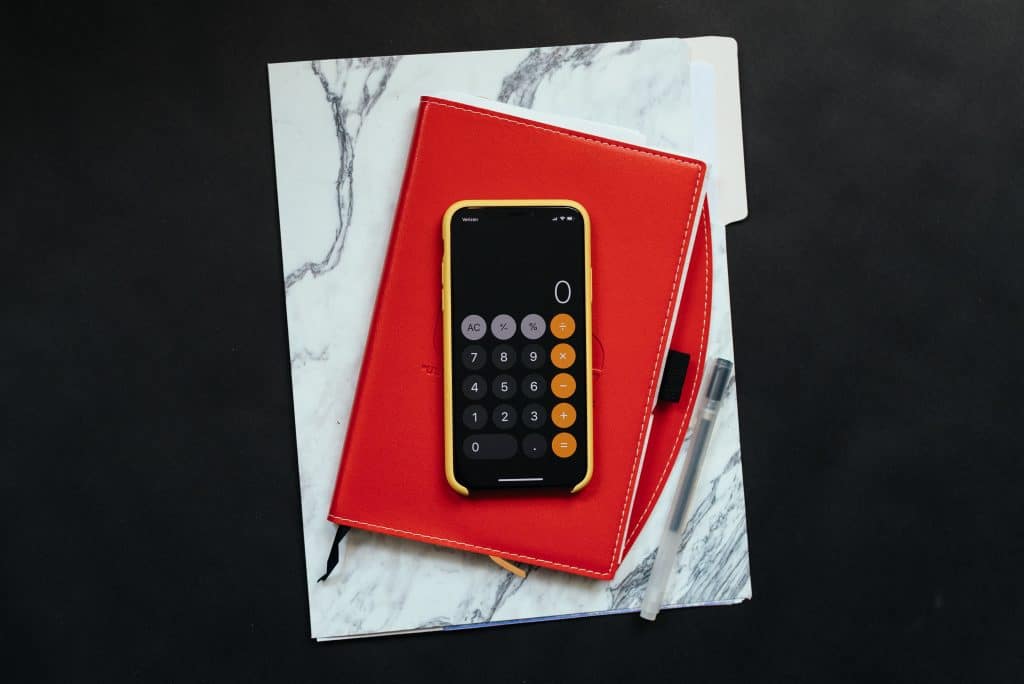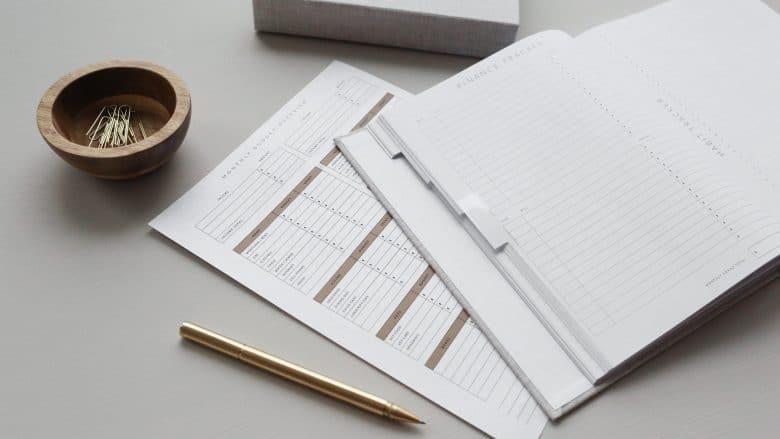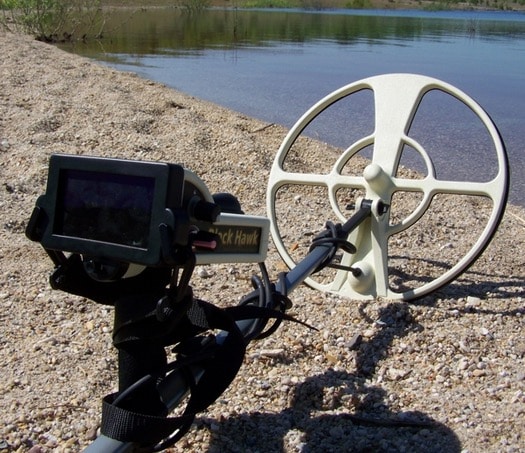A budget is an essential spending plan that helps you reach goals and pay bills. But if you’ve never made one before, it can be an elusive concept. If you aren’t sure where to begin, make sure you know the difference between budget and forecast (AskAnyDifference.com explains the difference here) and read below some basic questions to help guide the way.
1. Why Do You Need a Budget?
Overspending is usually the reason why people turn to a budget. This spending plan can help you control unnecessary spending that eats into other expenses.
But it’s not the only reason why you might want to start budgeting. A household budget can help you reach a variety of goals.
· Saving up for a big purchase, like a vacation, new car, or furniture
· Investing in your retirement or education
· Creating an emergency fund
· Paying off installment loans, lines of credit, and student loans
Finding the purpose behind your plan will help you customize your budget in a way that guarantees success.

2. What Budget Will You Use?
There’s no single way to budget. The household budget is a term that describes a variety of spending styles, and each one offers a different approach to saving. The zero based budget helps you save more by giving a job to every dollar you make in a month, meaning you have zero cash leftover once you pay bills and invest.
Meanwhile, the envelope budget relies predominately on cash to help you visualize your spending better. You have to split your cash for the month between physical envelopes, each one representing a category of bills and other responsibilities. Once you run out, the rules say you can’t fill up an envelope until the next month starts.
3. Is it Sustainable?
Some budgeting techniques are crash-courses in saving money. They help you slash spending in short order so that you can generate some funds quickly. These extreme budgets are great if you need to pay for something within a tight time limit, but good luck living on an extreme budget in the long-term.

Extreme budgeting delivers an exhausting one-two punch to your spending. First, you have to eliminate all your unnecessary (or fun) spending. Then, you have to figure out how you can reduce what you spend on the essentials so that you free up even more cash.
What might work for a few days, weeks, or even months isn’t easy to sustain. Eventually, you’ll want to splurge on something fun.
The risk with splurging after an extreme budget is overspending. You’ve spent so long denying yourself pleasure that you can easily overdo it once you’re back in the saddle.
A far better technique is to find a budget that you can comfortably maintain for longer periods. Ideally, you’ll want to find a method that simply turns into a way of life, so you don’t feel as though you’re denying yourself. This way, you’ll feel good about balancing your needs with the occasional splurge.
Balance is crucial to any budget, no matter what method you eventually choose. Keep this in mind as you sit down to create a household budget of your own. It will help you create a spending plan that you can follow without breaking a sweat.













Leave a Reply